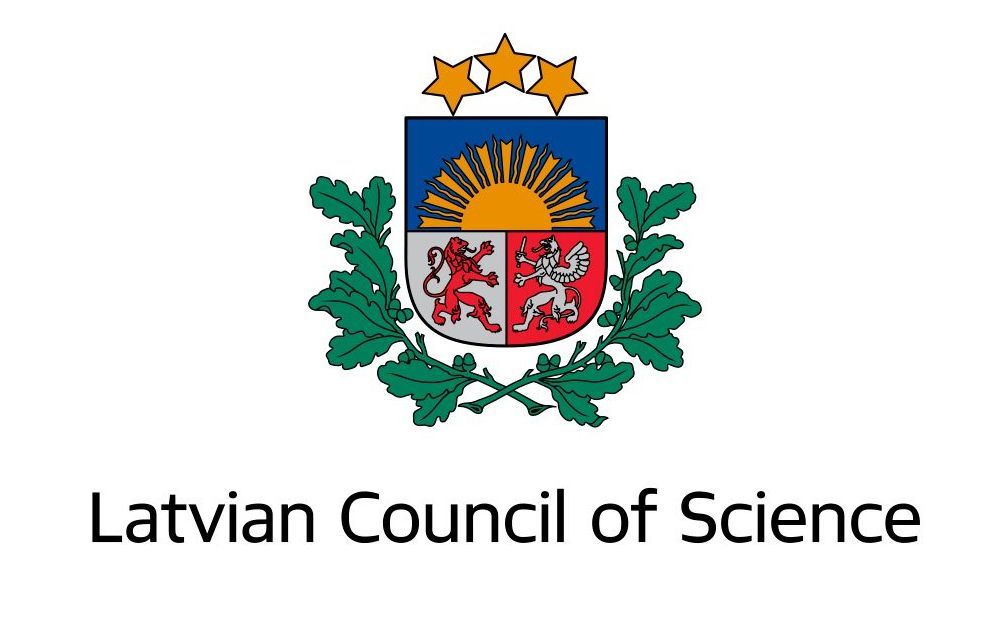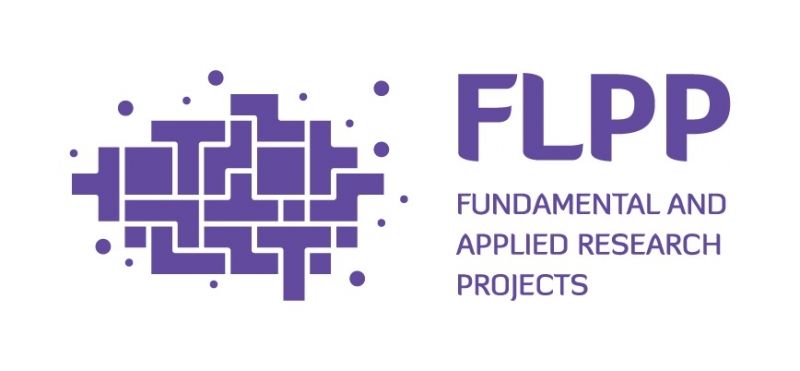PROJECT
Novel proxies and approaches for solar flare forecasting
Project title: Novel proxies and approaches for solar flare forecasting
Project's No: lzp-2024/1-0023
Project acronym: FLARE
Funded by: Latvian Science Council, Fundamental and Applied Research Projects
Project's duration: 01.01.2025. – 31.12.2027.
Project's total budget: 300 000.00 EUR
Project's summary:
The problem of forecasting explosive magnetic energy releases on our nearest star, the Sun, also known as solar flares, remains a key challenge for both the development of space technologies and the fundamental understanding of physical conditions in the Solar System, i.e., space weather.
Despite several decades of intensive studies and tremendous efforts from the global research community in this direction, the currently available methods for flare forecasting remain problematic. In this project, we offer a new perspective on the problem of solar flare forecasting by developing and applying innovative statistical and machine-learning-based approaches for recognizing flare precursors in microwave and multi-band observations of the Sun, as well as investigating the dynamics of various magnetic structures in active regions as novel, previously unexplored potential flare indicators.
The project capitalizes on effective international collaboration between world-leading researchers from the University of Warwick (United Kingdom) and Ventspils University of Applied Sciences, which provides access to its unique radioastronomical facilities. The proposed program is internationally competitive and stands at the cutting edge of modern Solar Physics and Radio Astronomy.
This initiative will not only train a new generation of scientists in relevant research areas but will also enhance the research culture and reputation of VIRAC in this rapidly developing field.
Keywords:
Solar flares, radio telescopes, plasma astrophysics, forecasting models, dynamic systems
Project goal:
In the project we aim to establish and exploit the flare-predicting potential of dynamic processes in the lower part of the solar atmosphere and the corona. The main project goal is to improve our competence in solar flare forecasting and enhance the standing of Ventspils International Radio Astronomy Centre (VIRAC) in this actively developing research field by:
Objective 1. Developing innovative statistical and machine learning based approaches for identifying the time history of small-scale energy releases, i.e. nano- and micro-flares, and randomly distributed dynamic processes before major energy releases, as new flare activity proxies.
Objective 2. Revealing and exploiting the flare-predictive potential of the oscillatory dynamics and stability analysis of magnetic structures, i.e., magnetic flux ropes and current-carrying loops, in host active regions, as new promising flare activity precursors.
Results:
- Original scientific articles in WSCC or SCOPUS (Q1-2) – 7
- Original scientific articles indexed in WSCC or SCOPUS databases – 2
- Scientific databases and data sets developed within the project – 2
- Proposal in an international (1) and national (2) call for R&D projects – 3
- Other results: 3 public lectures, 3 interviews, science-popular article and 12 report in the conferences; 9 preprints.
Contacts:
Project PI – Prof Dmitrii Kolotkov, D.Kolotkov.1@warwick.ac.uk
Project researcher - MSc Vladislavs Bezrukovs, vladislavs.bezrukovs@venta.lv
Project coordinator for administrative matters - Vitālijs Petkevičs,
vitalijs.petkevics@venta.lv




